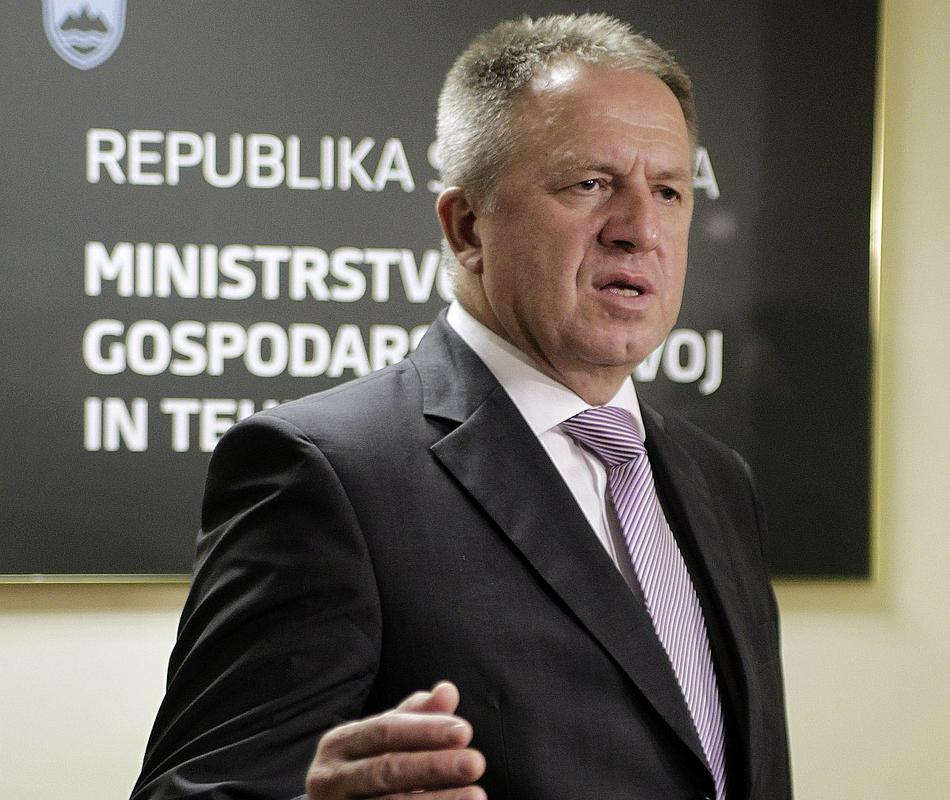
He stressed that his ministry’s number one priority is to boost the country’s economic competitiveness. "This economic recovery just means that the negative trends have reversed. We are only now approaching pre-2008 levels," Počivalšek said, warning against what he called “excessive appetites”. "In order for the recovery to last, it is vitally important not to backtrack on reforms," he added.
Počivalšek stressed that his ministry accomplished a lot in the past year. One of its key achievements was the recently established Directorate for Wood, whose aim it is to revitalize the sluggish wood industry, and making the Slovenian Tourism Board (STO) independent again. He said he wants to make it easier for STO to promote Slovenia abroad. “We need more foreign guests if we are serious about boosting our tourism sector.” His main objective is to increase earnings from tourism by 1 billion euros to 3 billion.
Key priority: boosting economic competitiveness
Počivalšek highlighted that boosting the country’s economic competitiveness will be his ministry’s key priority. He wants to cut red tape, lower the cost of labor and increase worker flexibility. He added that the Finance Ministry is already working on legislation that would reduce taxes on labor. Meanwhile, the Economy Ministry is drafting a bill that would link bonuses to company profits. It could be passed early next year.
Internationalization of the economy
Aleš Cantarutti, state secretary at the Economy Ministry, talked about the internationalization of the economy. He highlighted that the Economy Ministry, other ministries, various chambers and stakeholders developed a program that would promote the internationalization of the Slovenian economy in the 2015-2020 period. They also released an implementation plan for the 2015-2016 period titled International Challenges. The main target markets are the US, Japan and Turkey.
T. H.; translated by D. V.

































































